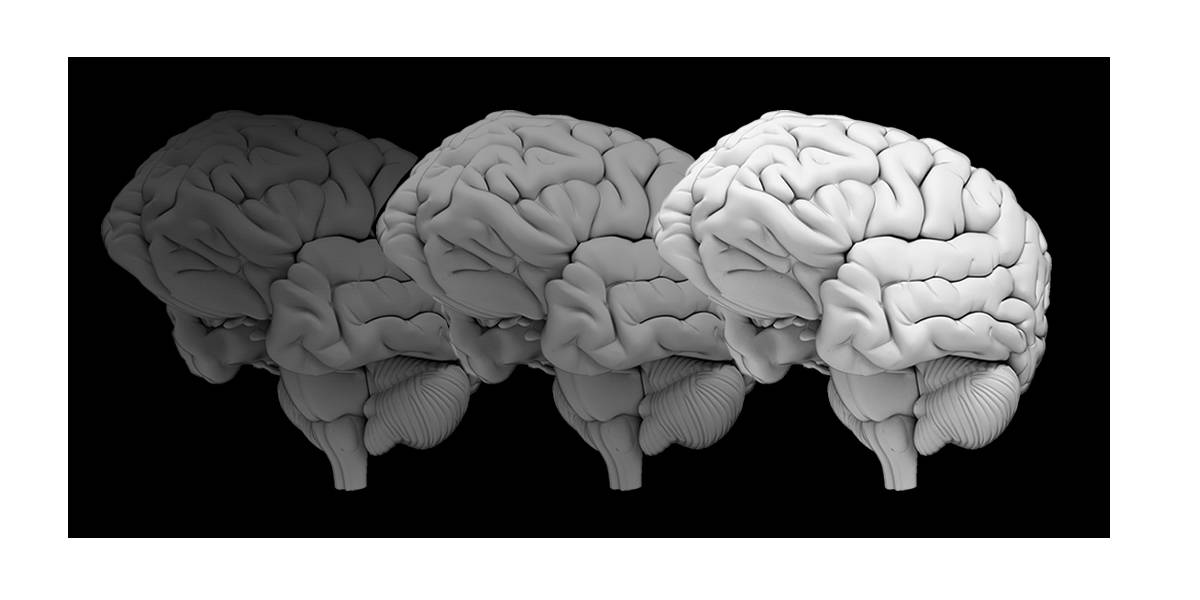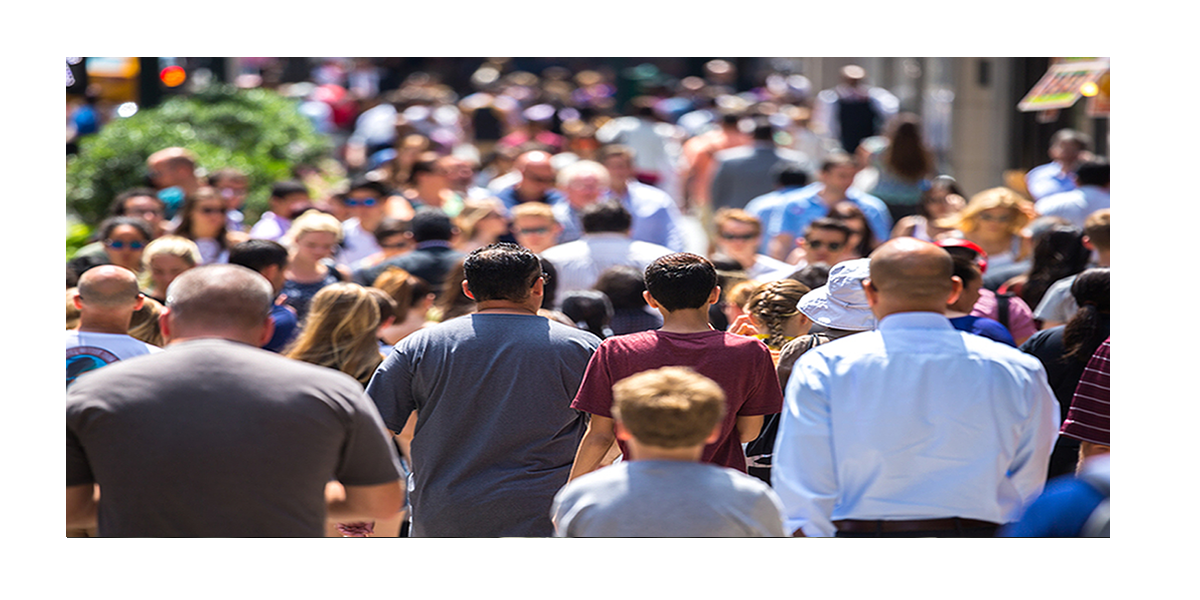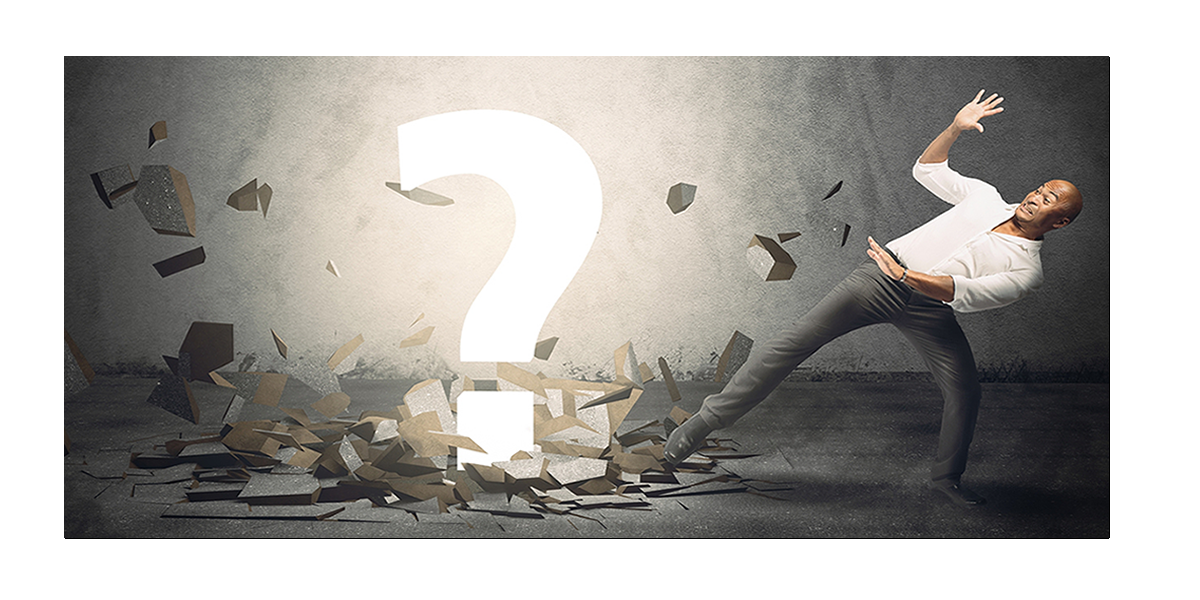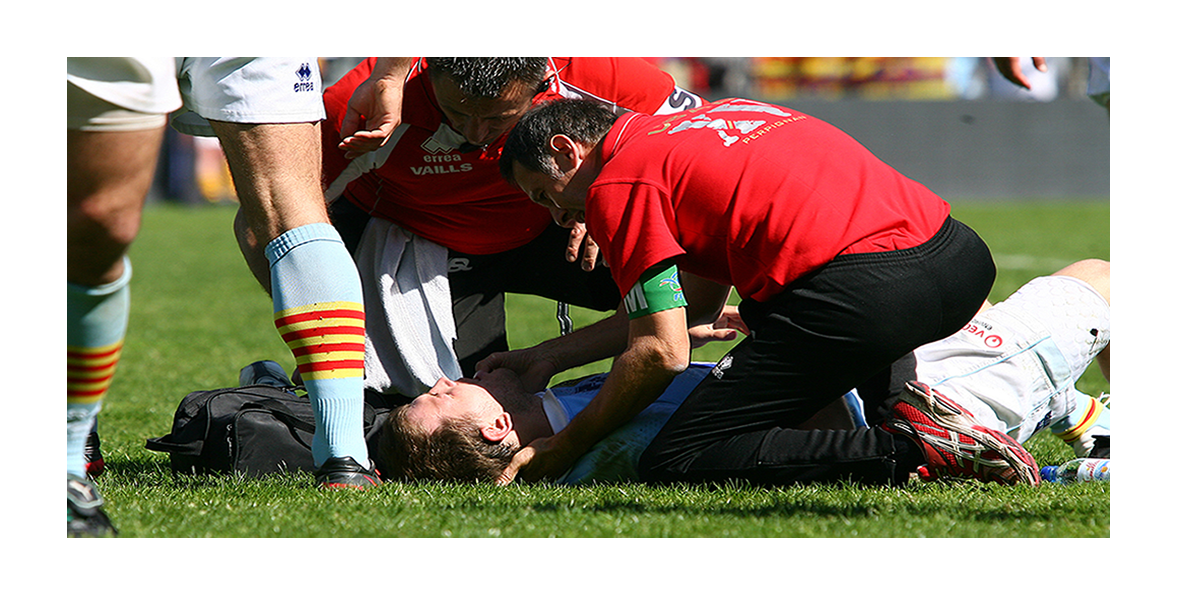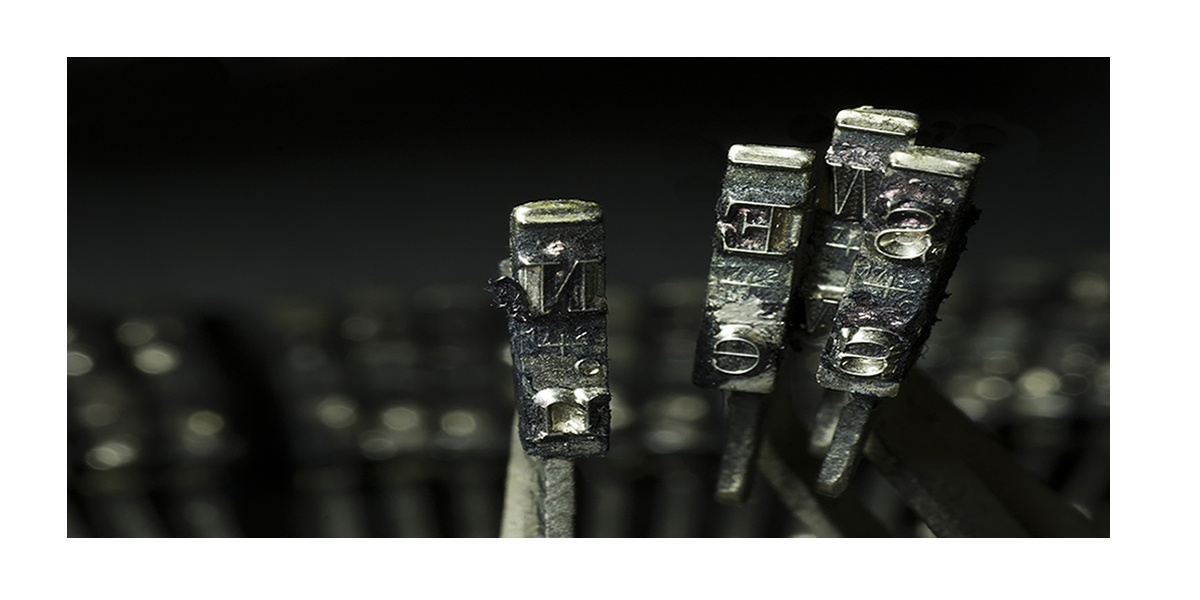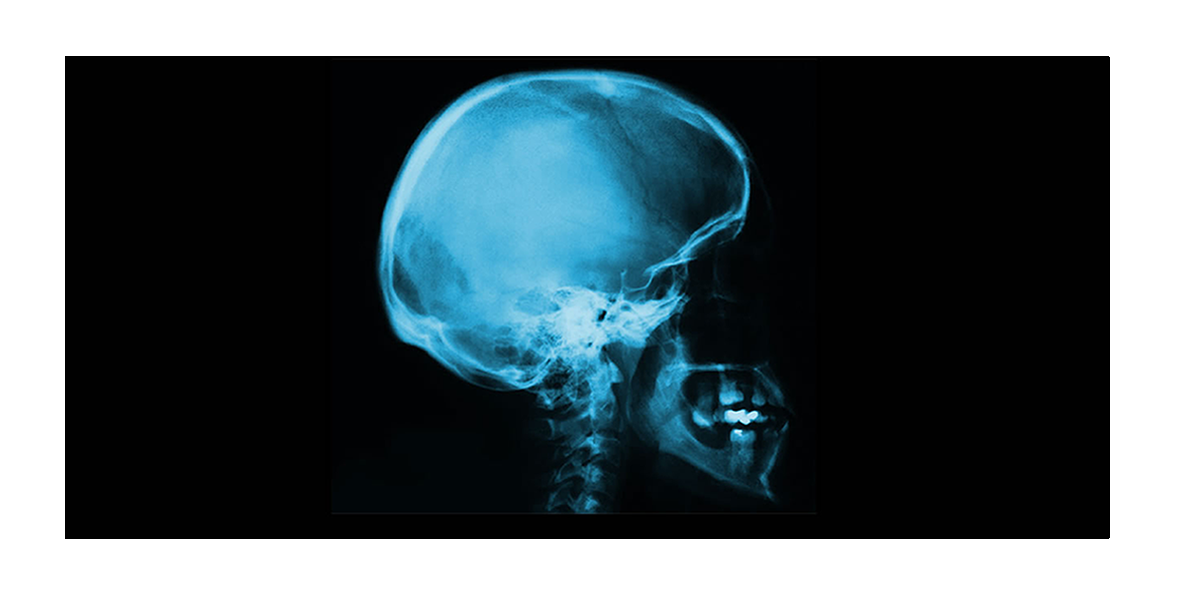| Parent trap: Concussed kids pressured to return to ice The Star It’s not only NHL players who feel pressure to rush back early from brain injuries. Dr. Michael Cusimano, a neurosurgeon at St. Michael’s Hospital, says he regularly sees the parents of young players in his clinic push their kids to return before they’ve healed from their concussions. Cusimano said research by his associate Sarah Mullen has also borne this out: that kids often don’t want to return because they know there’s something wrong, but they’re pressured by a parent who’s under the impression the kid may be able to get a scholarship or make it as a pro. “I’ve had players come into the clinic when the child is sitting there and clearly the pressure is coming from the parent to get back in,” said Cusimano. “You ask the father or the mother to leave. This is with both girls and boys. And they’ll say ‘I don’t really want to play anymore. It’s not fun for me anymore. I don’t want to get hurt.’ But the parent comes in and it’s ‘Oh, you’re okay, play, play, play.’” Cusimano’s ultimate dream is to put himself out of work. His job far too often entails trying to help young hockey players put the pieces of their lives back together after the devastation of a brain injury. “What I see is a spectrum of things and the long-term crushing of lives and changing of lives, where there was this great potential and the person’s life has been changed,” said Cusimano. That was the driving force behind his organizing of an event Saturday at St. Michael’s called OuCH! (Outcomes following Concussion in Hockey), aimed at educating the public about the growing concussion problem among youth players. Cusimano knows his busy season is just getting underway. He said the estimate that 15,000 to 20,000 Canadian children will sustain a concussion in hockey this year is a very conservative one. “That’s the equivalent of filling the Air Canada Centre and silencing it — because that’s what a brain injury does,” said Cusimano. He added that it’s critical to change the hockey culture to deal with the concussion epidemic and called on all the stakeholders to do their part, including the NHL, which he feels has served as a poor role model to the kids who idolize its players. “We need to encourage groups to put some bite into what they accept as acceptable behaviour and unacceptable behaviour,” he said. “There have to be incentives and disincentives. Hockey associations can do expulsions; they can do permanent expulsions from any organization. “The NHL can take some initiative and give clubs real financial penalties that bite. Right now, there’s a little tap on the wrist and they have this out about defining intent. Any head hit should be out. Those kinds of things can happen immediately.” |
What is Brain Injury?
Brain injury can be a devastating disability, and given the brain’s complexity and the differences in the types, locations, and extent of damage, the effects of a brain injury can be wide and varied. Some occur immediately, and some may take days or even years to appear.
© Brain Injury Center 2015
Contact Us
The Human Brain
The human brain in an incredible thing! It’s one of the most complex and least understood parts of the human body, but science is making new advances every day that tell us more about the brain.
The average human brain is 5.5 inches wide and 3.6 inches high. When we’re born, our brains weigh about 2 pounds, while the adult brain weighs about 3 pounds.
The brain accounts for about 2% of your total body weight, but it uses 20% of your body’s energy!
It sends out more electrical impulses in one day than all the telephones in the world, and it’s estimated that the brain thinks about 70,000 thoughts in a 24-hour period.
Warning: Graphic photo
© 2008-2015 Brain Injury Centre

